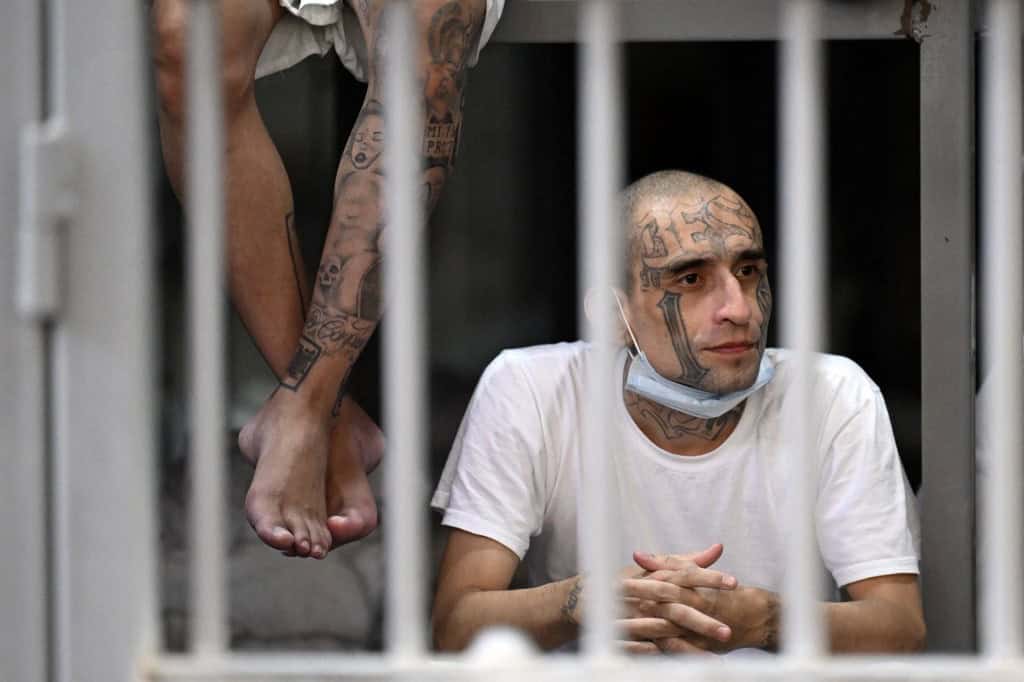Costa Rica is taking a bold step to fix its overcrowded prisons with a new high-security facility. The Ministry of Justice and Peace has announced a $35 million bid for construction companies to build the Centro de Alta Contención del Crimen Organizado (CACCO), a mega-prison designed to hold 5,000 high-risk inmates. Drawing inspiration from El Salvador’s Terrorism Confinement Center (CECOT), the project aims to tackle the country’s prison crisis head-on.
The bid, launched this month, invites national and international companies to compete for the contract. The government wants firms with solid experience and financial backing to construct the facility in just 195 days. The price is fixed, meaning no cost overruns will be allowed. CACCO will feature high-security modules to house dangerous offenders, addressing the need for better control over inmates with serious criminal profiles.
Costa Rica’s prison system is in rough shape. Overcrowding is so bad that dozens of inmates are released each month because there’s no space. Staff are stretched thin, and outdated technology makes it hard to manage high-risk prisoners. The government says CACCO will modernize the system, providing a safer way to isolate gang leaders and other major offenders. The facility is expected to span thousands of square meters, with a design focused on security, though exact details are still under wraps.
The idea for CACCO came after Justice Minister Gerald Campos visited El Salvador’s CECOT in April. That mega-prison, built under President Nayib Bukele, holds up to 40,000 inmates and is known for its tough approach to gang members. Campos praised CECOT’s efficiency and secured El Salvador’s help to cut CACCO’s cost from $60 million to $35 million. But not everyone’s on board—some critics, as seen in posts on X, worry about adopting a model tied to human rights concerns.
This project marks a shift for Costa Rica, which has long leaned on rehabilitation over harsh punishment. Supporters say it’s necessary to curb rising organized crime, while others fear it could clash with the country’s human rights traditions.






